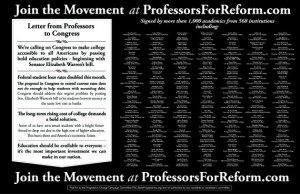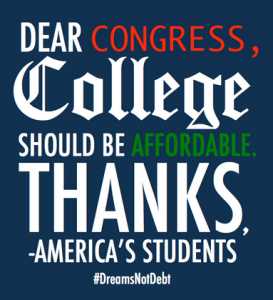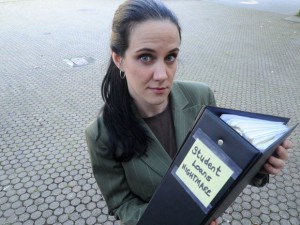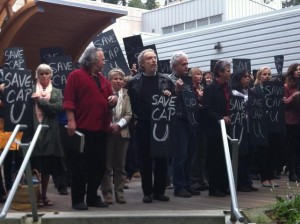“Expensive Education” Image from CBC News
Canadian Centre for Policy Alternatives, September 11, 2013– The average cost of tuition and compulsory fees for Canadian undergraduate students will rise by almost 13% over the next four years, from $6,610 this fall to an estimated $7,437 in 2016-17, says a study released today by the Canadian Centre for Policy Alternatives (CCPA).
The study looks at trends in tuition and compulsory fees in Canada since 1990, projects fees for each province for the next four years, and ranks the provinces on affordability for median- and low-income families using a Cost of Learning Index.
“Average tuition and compulsory fees in Canada have tripled since 1990, even after inflation is taken into account,” says Erika Shaker, co-author of the study and director of the CCPA’s education project. “No wonder there is growing public concern over student debt loads, economic and employment uncertainty, and the long-term ramifications being felt by students and their families.”
According to the study, Ontario is the province with the highest fees and will see its tuition and other fees climb from $8,403 this fall to an estimated $9,517 in 2016-17. Newfoundland and Labrador remains the province with the lowest compulsory fees of $2,872 this fall, rising to an estimated $2,886 in 2016-17.
The study’s Cost of Learning Index clearly demonstrates that provincial governments play a significant role in ensuring university education is more—or less—affordable for median and low-income families, particularly when household debt is at an all-time high and incomes have been stagnant for over two decades.
“Newfoundland and Labrador is the most affordable province for university education for both median- and low-income families, while New Brunswick is the least affordable for median-income families and Alberta is the least affordable for low-income families,” says David Macdonald, CCPA senior economist and co-author of the study.
Some provincial governments are responding to concerns about affordability with piecemeal, targeted, and non-universal directed assistance measures for in-province students such as tax credits, debt caps, and grants or bursaries. While these measures do impact in-province affordability, it creates a situation where the only students who leave the province to pursue a degree are the ones who can afford to.
“The increasing number of exceptions and qualifiers for financial assistance makes the system far more difficult for students and families to navigate, and makes it harder to compare province-to-province,” says Shaker. “If provinces directed their funds to across-the-board fee reductions instead, it would make the system fairer, more predictable, and easier to navigate.”
Degrees of Uncertainty: Navigating the changing terrain of university finance is available on the CCPA website: http://policyalternatives.ca

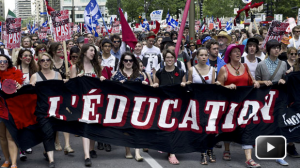
 Follow
Follow


